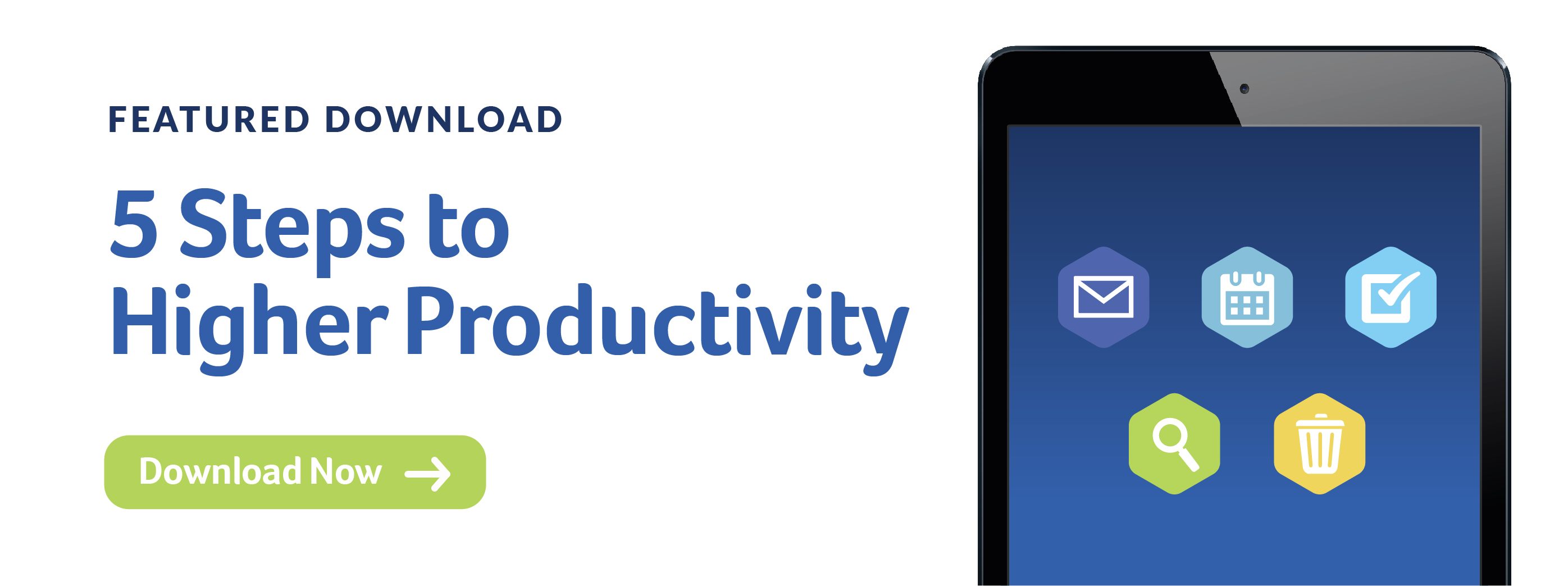We spend a lot of time at work. The average person spends 90,000 hours at work in their lifetime, yet if you believe the majority of the research out there only 33% of workers are engaged. That means a full two-thirds of the workforce has the opportunity to be more motivated, more empowered and more satisfied every day, and that is entirely believable. Many of us have lost sight of what our purpose at work is.
In his book “Man’s Search for Meaning,” Austrian neurologist, psychiatrist and Holocaust survivor Victor Frankl observed that “everything can be taken from a man but one thing: the last of the human freedoms — to choose one’s attitude in any given set of circumstances, to choose one’s own way.” These days, we often hear a distilled version of this: “We can’t always control what happens to us, but we can control how we react to it.”

If we have this great gift to choose our attitude, why are so many people merely going through the motions at the office? Why aren’t we choosing our own way and connecting with our purpose?
A Clear Purpose at Work Drives Greater Impact
The good news is that some people are discovering their purpose, and it’s paying off big time. Recent research in positive psychology indicates that people with a compelling purpose or meaning have higher energy, focus and motivation, as well as lower depression, anxiety and distractibility. Finding meaning in work also has benefits like boosting performance, helping people develop their careers and reducing stress.
And if you’re looking for impact, in our research here at RallyBright we’ve found clarity of purpose one of the key success factors among resilient teams that drive greater impact in their organizations. And we know that resilient teams and people are more productive and engaged, and that they deliver higher sales and greater customer satisfaction.
A Clear Purpose at Work Can Boost Your Health
If the individual and organizational impacts don’t grab you, then maybe this will: Studies show a greater purpose in life leads to lower mortality rates. Yes, a sense of purpose can actually lead to a longer life!
It’s possible that you’ve heard all this before. For years, you’ve been inundated with messages from business leaders, self-help gurus, and even TV personalities telling you to find your passion—to Live Your Purpose! The interesting thing about Purpose (capital P) is that it’s really more about purpose (little p). Discovering your purpose is not some mystical quest to find your calling (although more power to you if that’s your approach). It’s more about paying attention to the moments when you are in a flow state—performing at an optimal level where you feel aligned to a mission. Those peak moments when you’re deeply connected to a peer or a team. The experiences where you’ve overcome the odds to deliver on time.
Purpose can be episodic—the great pitch, a creative breakthrough or a satisfied customer. Purpose comes from multiple places—from work, family, hobbies, art, religion, etc. The discovery of your purpose is more of a journey than a statement hanging on a wall.
First Steps on the (p)urpose Journey
Few people work to discover their purpose. They may have difficulty managing the discomfort— or cognitive dissonance—if their purpose is at odds with their current state. If their purpose doesn’t fit their current organization, they worry they may need to make a change. But the only way to move out of a disengaged, checked-out existence is to spend time lifting a few rocks and starting the discovery. Follow these practical first steps to gain clarity on your purpose at work.
Connect to your organization’s North Star
When you’re banging away at emails and moving from meeting to meeting, it’s hard to see the big picture. Even if you’ve been in the company for a while, take a step back and look for the mission, vision and values. You can find purpose if the connection between your work and yourself is present and strong. If you don’t have access, then start with the website. Think like a candidate doing research for an interview. Look at the annual reports or Google the company “in the news.” Take a look at your day-to-day and find ways to align your work with the mission. Think how your talents can contribute to the bigger picture.
Craft your job
Some tasks simply feel meaningless. They don’t matter to the customer, it’s another meeting without an agenda or endless stack of paperwork. So, start pruning the tree. Behavioral scientists call “job crafting” an approach where you maximize purpose by modifying your job. Identify the tasks that give you energy and increase the time you spend on those tasks. Find the things that sap your strengths and (carefully) decrease their frequency. If relationships feel toxic, shift teams or assignments. If there are still things that you don’t like, link them to things that really matter. That might take away the sting. Craft your job into something meaningful to give you more time in the flow state.
Get out of yourself
Sometimes finding your purpose means stepping out of yourself for a while. Serving others, building connections and helping other people grow can provide a strong sense of purpose. Helping others succeed can not only be purposeful, but also rewarding. If you have time or capacity, look for projects that could use your strengths and offer to help. You’ll build meaningful connections and contribute to the success of the organization. If you can coach or mentor junior employees, jump at the chance. You’ll find meaning in helping others. As Mark Zuckerberg commented, “It’s not enough to have purpose yourself. You have to create a sense of purpose for others.”
Zoom out
If you are having a moment where you feel a little lost or stuck in a meaningless task, try to think of the big picture. What are you really there to do? How are you contributing? And if that doesn’t help, zoom out for a second and think like the third bricklayer from the story of St. Paul’s Cathedral architect Christopher Wren:
I came upon three bricklayers hard at work. When asked what they’re doing, the first bricklayer responds, ‘I’m working.’ The second replies, ‘I’m building a wall.’ And the third says, ‘I’m building a cathedral to The Almighty.’
Commit to building that cathedral. By discovering your purpose, you can increase your engagement, revive your energy and tap into your authentic motivation for your work. You’ll be a stronger employee with a higher sense of satisfaction, and you might live a little longer to boot.


